Indigenous Governance Database
Articles and Chapters

Travel From Native Lands to US Abortion Facilities Before and After the Dobbs v Jackson Women’s Health Organization Decision
Question How did geographic access from Native lands to abortion facilities change after the Dobbs v Jackson Women’s Health Organization (Dobbs) decision?Findings In this cross-sectional study of 650 Native lands, with an estimated 950 991 female residents of reproductive age, nearly…
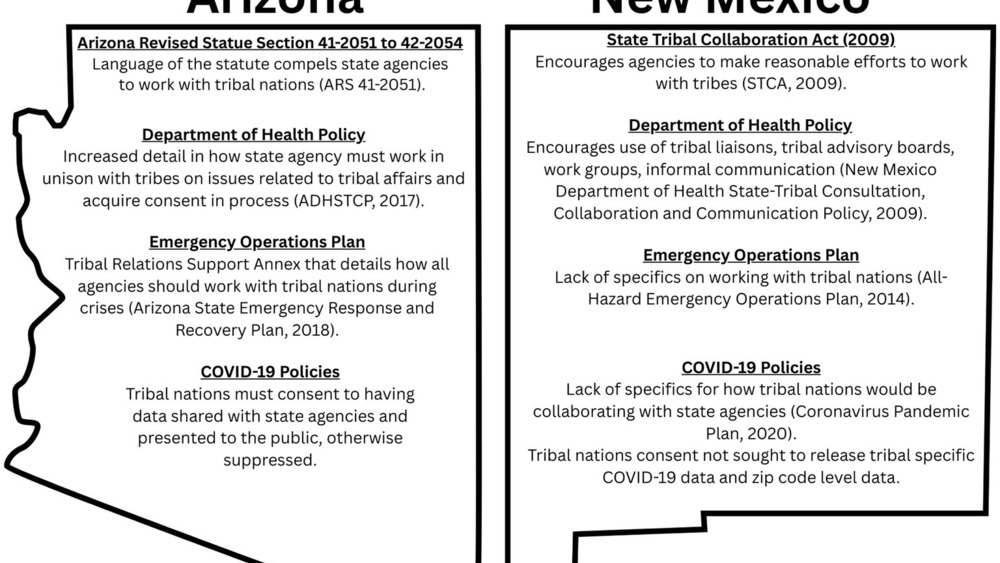
Reaffirming Indigenous data sovereignty in New Mexico as a result of COVID-19
Despite New Mexico’s history of working with and enhancing collaboration with the 23 Tribes in the state, data sharing and collaboration with Tribes was poor during the COVID-19 pandemic. New Mexico’s policies of state collaboration with Tribes conflicts with the principles of Indigenous Data…
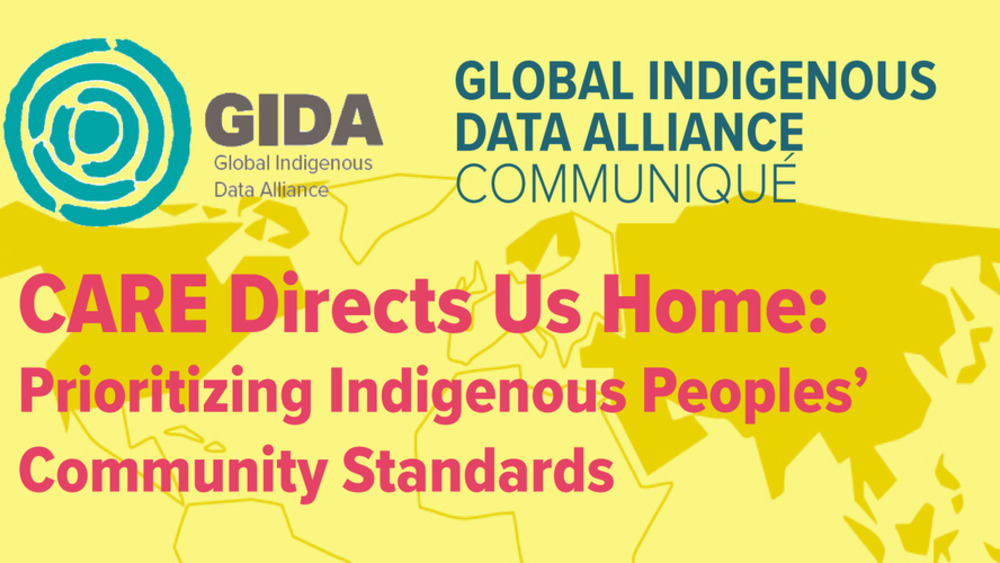
CARE Directs Us Home: Reclaiming Indigenous Authority Over Data
In 2019, the Global Indigenous Data Alliance (GIDA) developed and published the CARE Principles for Indigenous Data Governance (Collective Benefit, Authority to Control, Responsibility, Ethics) to complement the FAIR principles for open scientific data management (Findable, Accessible,…

Evaluating the Social Impact of Indigenous Art Projects by Way of Aesthetic Impact
This post is part of Americans for the Arts' Excellence and Equity in Arts for Change blog salon.Indigenous artists have long used art as a means of pushing back on colonial actions, ideas, and ways of being. It is not only a powerful vernacular in which to communicate about the persistence of…
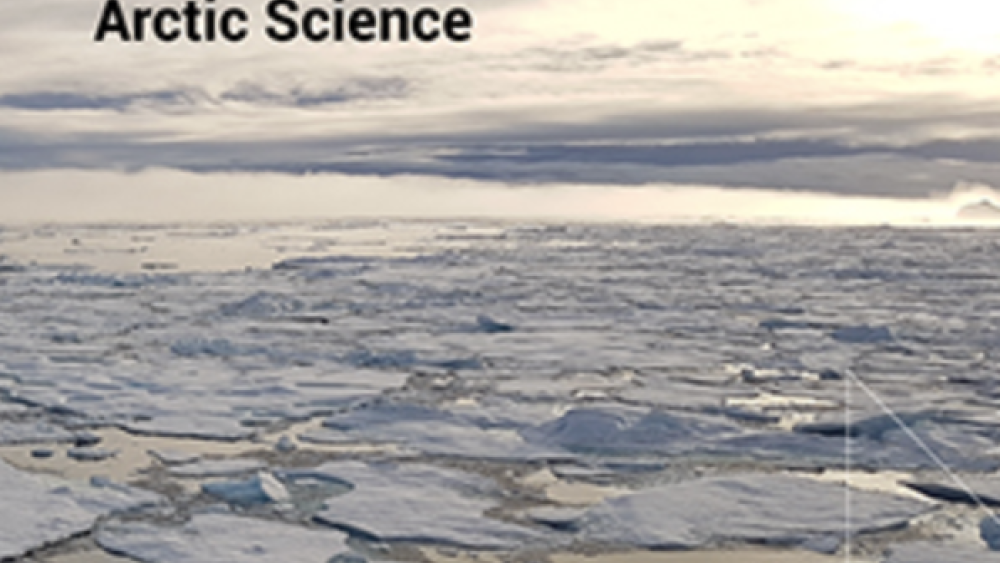
Our lands tell our stories: supporting Indigenous co-led research through the Indigenous Foods Knowledges Network
The Indigenous Foods Knowledges Network (IFKN) brings together Indigenous researchers and community leaders from the Arctic and U.S. Southwest along with non-Indigenous researchers to foster cross-cultural interdisciplinary knowledge exchange about sovereignty of Indigenous foods. IFKN draws on…
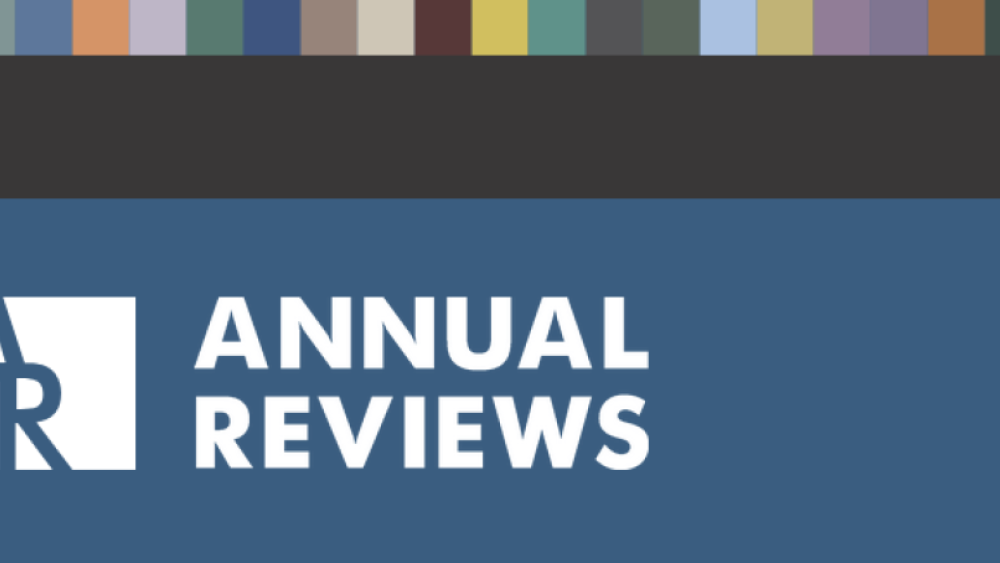
Indigenous Data Sovereignty in Genomics and Human Genetics: Genomic Equity and Justice for Indigenous Peoples
As the field of genomics and human genetics continues to push our understanding of disease and biodiversity through an ever-increasing pool of genomic data, it is critical to consider the social, ethical, and legal implications of using such data. This is particularly true for genomic data…
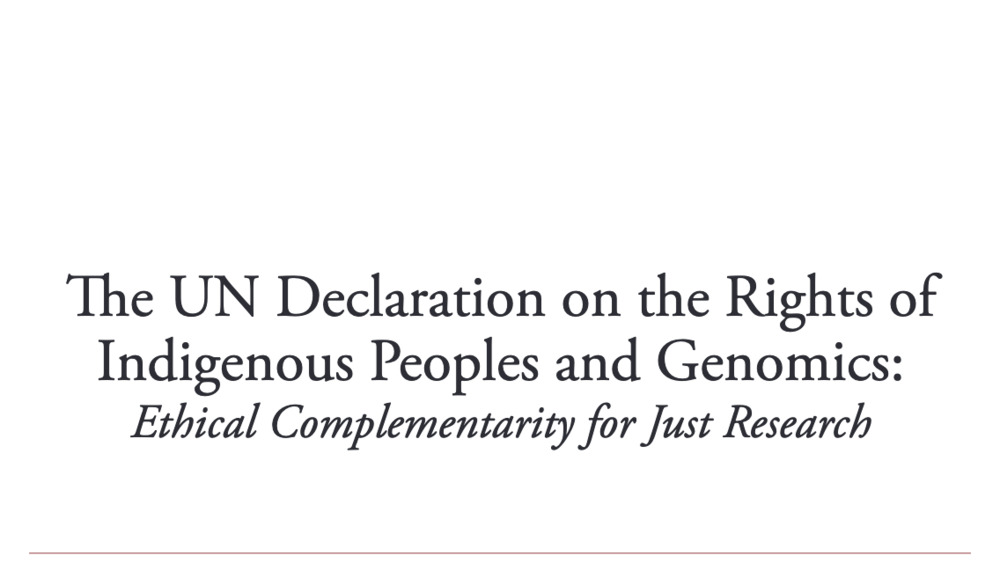
The UN Declaration on the Rights of Indigenous Peoples and Genomics: Ethical Complementarity for Just Research
Governance of biomedical research in the United States has been characterized by ethical individualism, a mode of reasoning that treats the individual person as the center of moral concern and analysis. However, genomics research raises ethics issues that uniquely affect certain genetically related…

ʻAʻole Pau Ka ʻIke I Ka Hālau Hoʻokahi (Knowledge Is Not Restricted To One School Of Thought): Reflecting on the Significance of Indigenous Knowledge in Geography
Geography is a discipline that has traditionally been focused on the study of place and space, but understanding and interpreting its concepts has been shaped by a dominating Eurocentric influence. Indigenous knowledge (IK) and perspectives have historically been marginalized or excluded altogether…
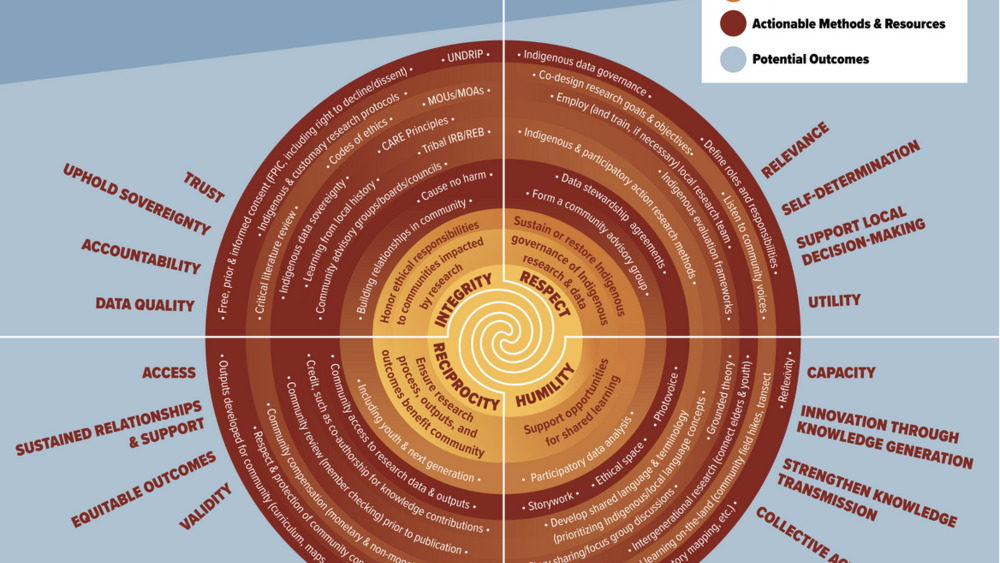
A values-centered relational science model: supporting Indigenous rights and reconciliation in research
Addressing complex social-ecological issues requires all relevant sources of knowledge and data, especially those held by communities who remain close to the land. Centuries of oppression, extractive research practices, and misrepresentation have hindered balanced knowledge exchange with Indigenous…
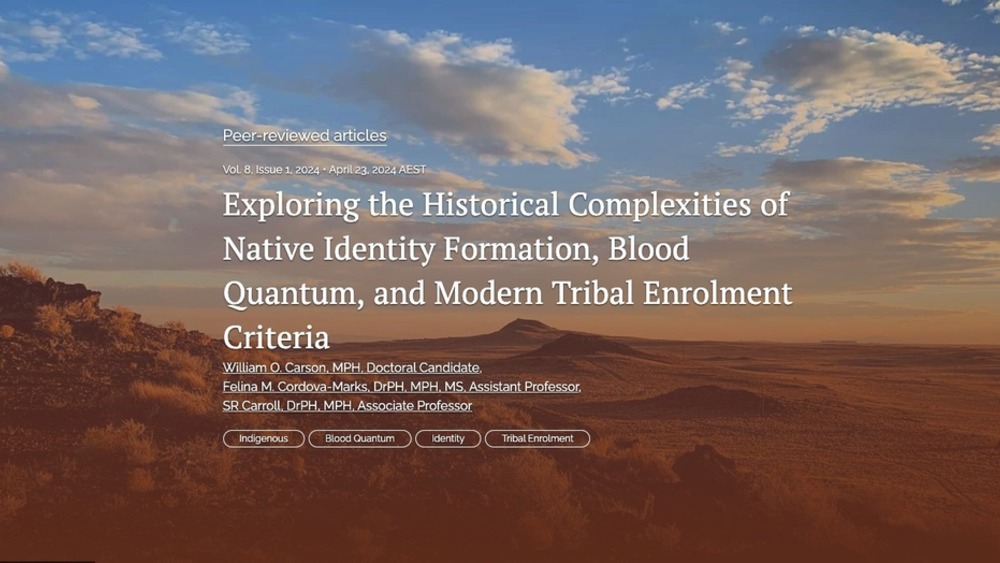
Exploring the Historical Complexities of Native Identity Formation, Blood Quantum, and Modern Tribal Enrolment Criteria
In the United States, blood quantum (BQ) based enrolment criteria find their roots in settler-colonial policies to erase, assimilate, and subjugate Indigenous Peoples and individuals. As a result, Native Nations throughout the United States continue to debate such practices. Current research on…
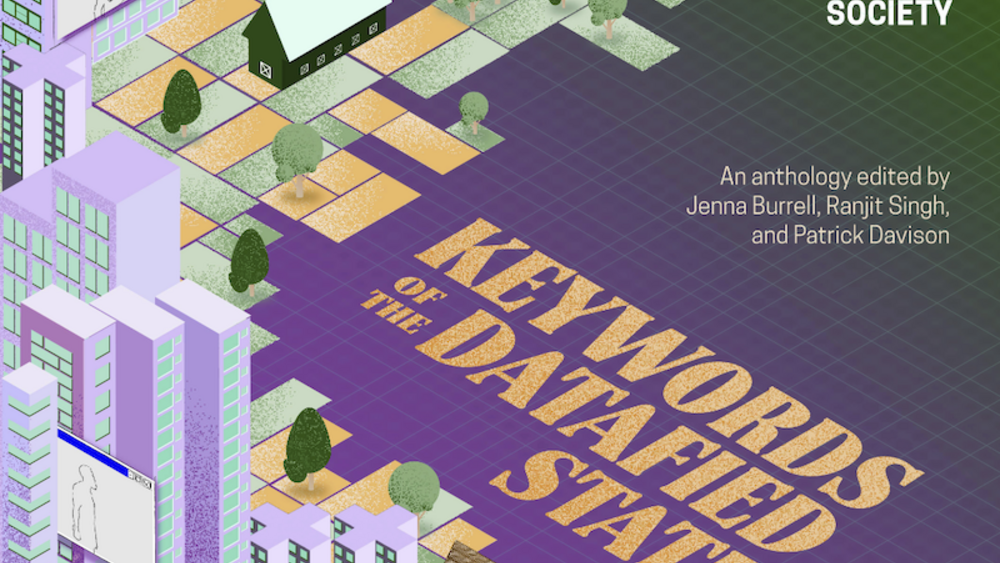
Keywords of the Datafied State: Indigenous Data Sovereignty
Indigenous Data Sovereignty (IDSov) upholds the rights of Indigenous Peoples, communities, and Nations to “govern the collection, ownership, and application” of datasets created with or about Indigenous communities, Indigenous Lands, and the community’s non-human relations. IDSov shifts from…
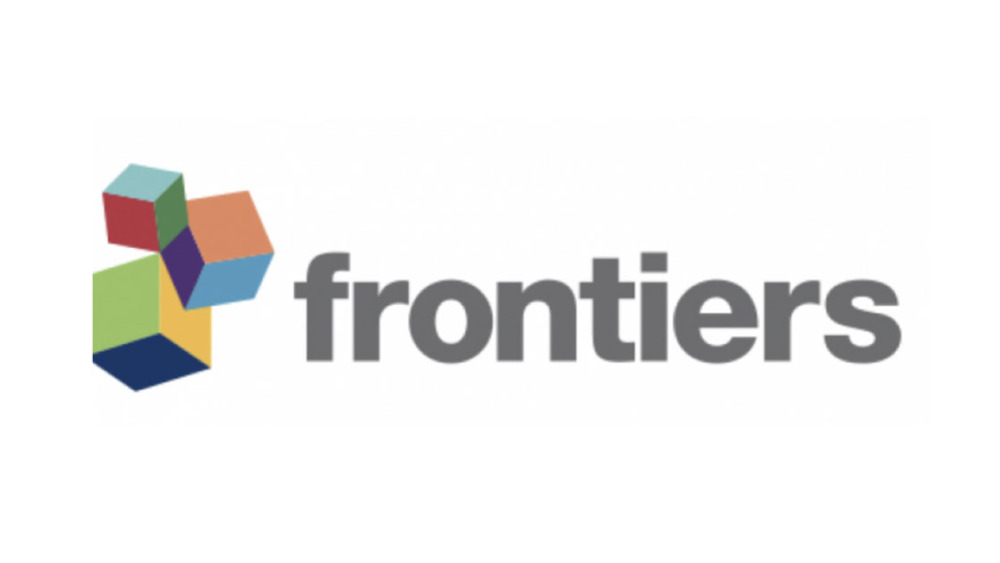
IDSov and the silent data revolution: Indigenous Peoples and the decentralized building blocks of web3
This article explores the technology underpinning the decentralized data revolution and encourages Indigenous Peoples (IPs) to secure their Indigenous Data Sovereignty (IDSov) over the Metaverse and Web3. More specifically, this article will survey blockchain technologies, exploring some disturbing…
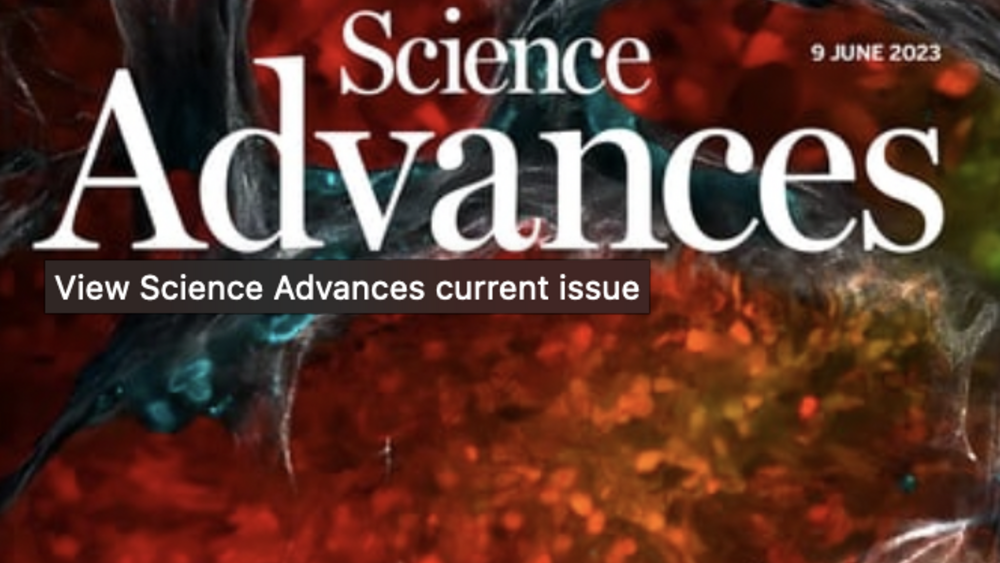
Global impacts of extractive and industrial development projects on Indigenous Peoples’ lifeways, lands, and rights
To what extent do extractive and industrial development pressures affect Indigenous Peoples’ lifeways, lands, and rights globally? We analyze 3081 environmental conflicts over development projects to quantify Indigenous Peoples’ exposure to 11 reported social-environmental impacts jeopardizing the…
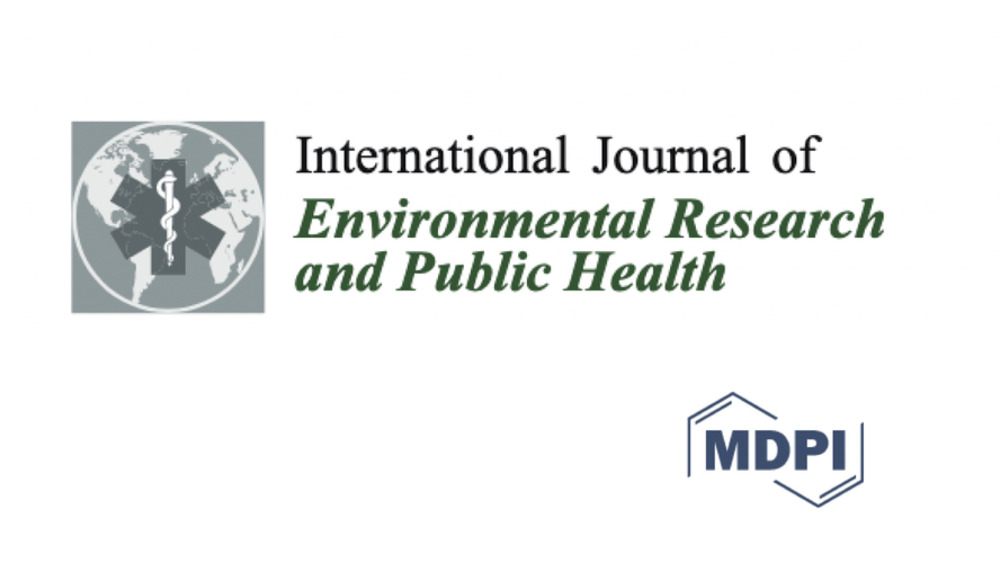
Reclaiming Indigenous Health in the US: Moving beyond the Social Determinants of Health
The lack of literature on Indigenous conceptions of health and the social determinants of health (SDH) for US Indigenous communities limits available information for Indigenous nations as they set policy and allocate resources to improve the health of their citizens. In 2015, eight …
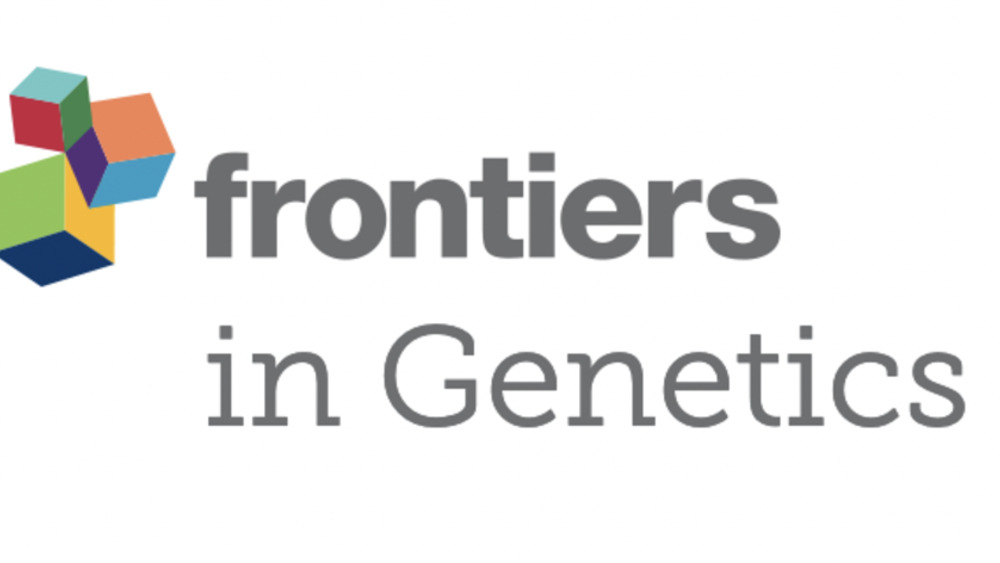
Extending the CARE Principles from tribal research policies to benefit sharing in genomic research
Indigenous Peoples have historically been targets of extractive research that has led to little to no benefit. In genomics, such research not only exposes communities to harms and risks of misuse, but also deprives such communities of potential benefits. Tribes in the US have been exercising their…
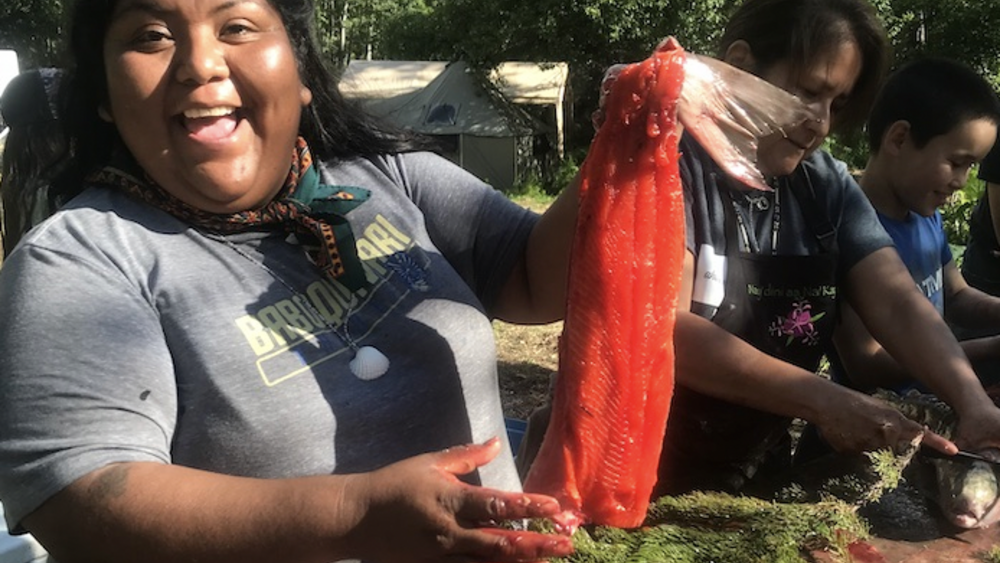
Indigenous Foods Knowledges Network: Facilitating Exchange between Arctic and Southwest Indigenous Communities on Food and Knowledge Sovereignty
On a sunny morning in June of 2019, our hosts at the Athabaskan Nay'dini'aa Na'Kayax' Culture Camp, located near Chickaloon Native Village in south-central Alaska, set up a table near the smoke house and demonstrated how to fillet salmon. It was salmon season in Chickaloon, and young campers were…
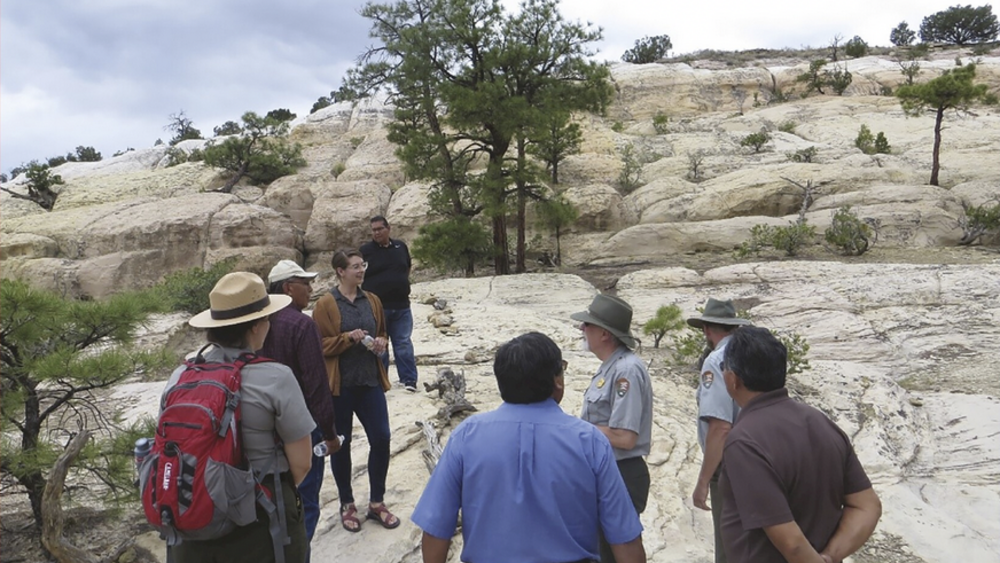
Archaeology and Social Justice in Native America
Over the past 20 years, collaboration has become an essential aspect of archaeological practice in North America. In paying increased attention to the voices of descendant and local communities, archaeologists have become aware of the persistent injustices these often marginalized groups face.…

Using Indigenous Standards to Implement the CARE Principles: Setting Expectations through Tribal Research Codes
Biomedical data are now organized in large-scale databases allowing researchers worldwide to access and utilize the data for new projects. As new technologies generate even larger amounts of data, data governance and data management are becoming pressing challenges. The FAIR principles (Findable,…
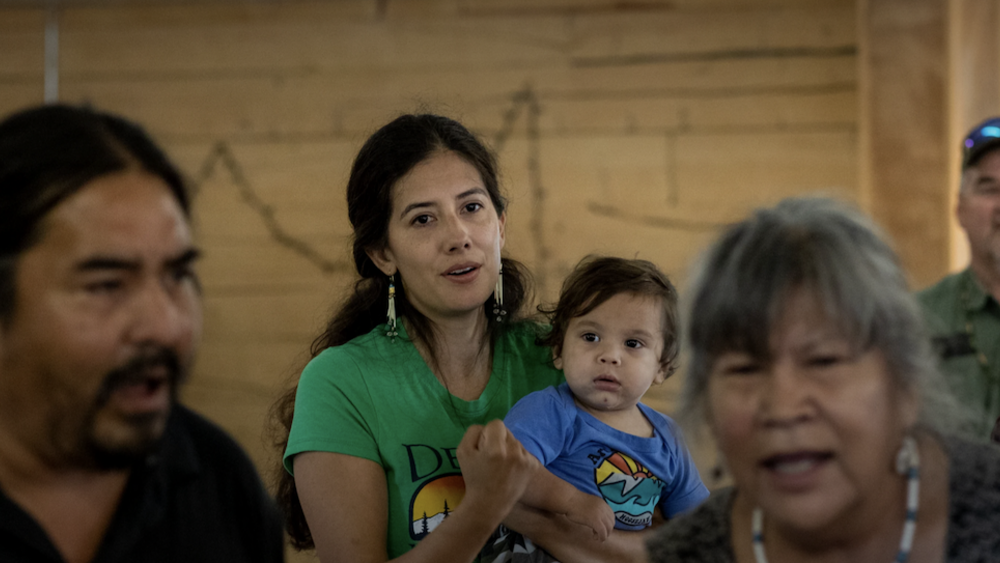
ANCSA: A complete or incomplete story of sovereignty
Shortly after the Alaska Native Claims Settlement Act passed into law in 1971, headlines started appearing in local newspapers that hinted at a growing confusion among Alaska Native communities: “Indian Country hard to define,” stated one Tundra Times edition. “ANCSA and tribalism?” asked another…
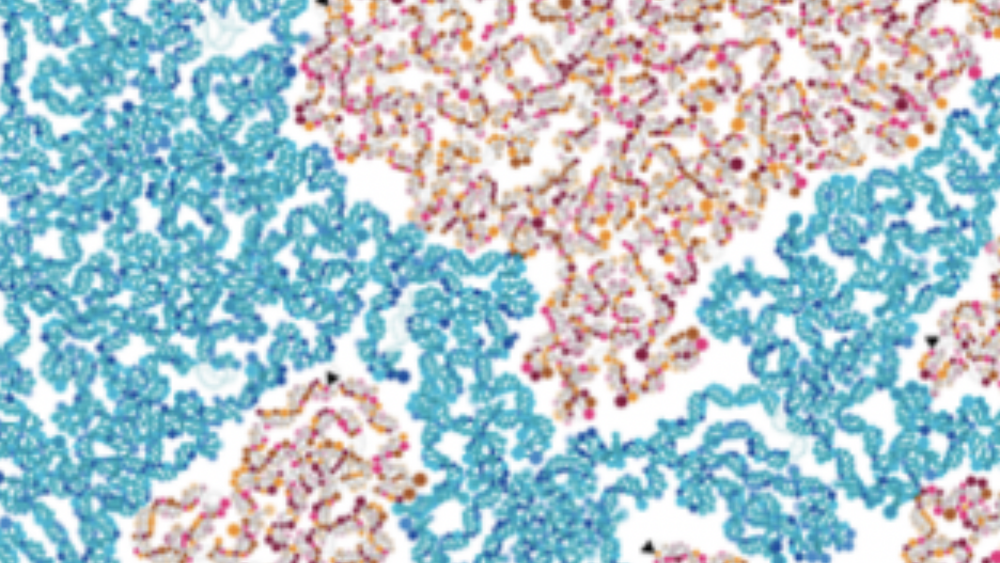
Balancing openness with Indigenous data sovereignty: An opportunity to leave no one behind in the journey to sequence all of life
The field of genomics has benefited greatly from its “openness” approach to data sharing. However, with the increasing volume of sequence information being created and stored and the growing number of international genomics efforts, the equity of openness is under question. The United Nations…
